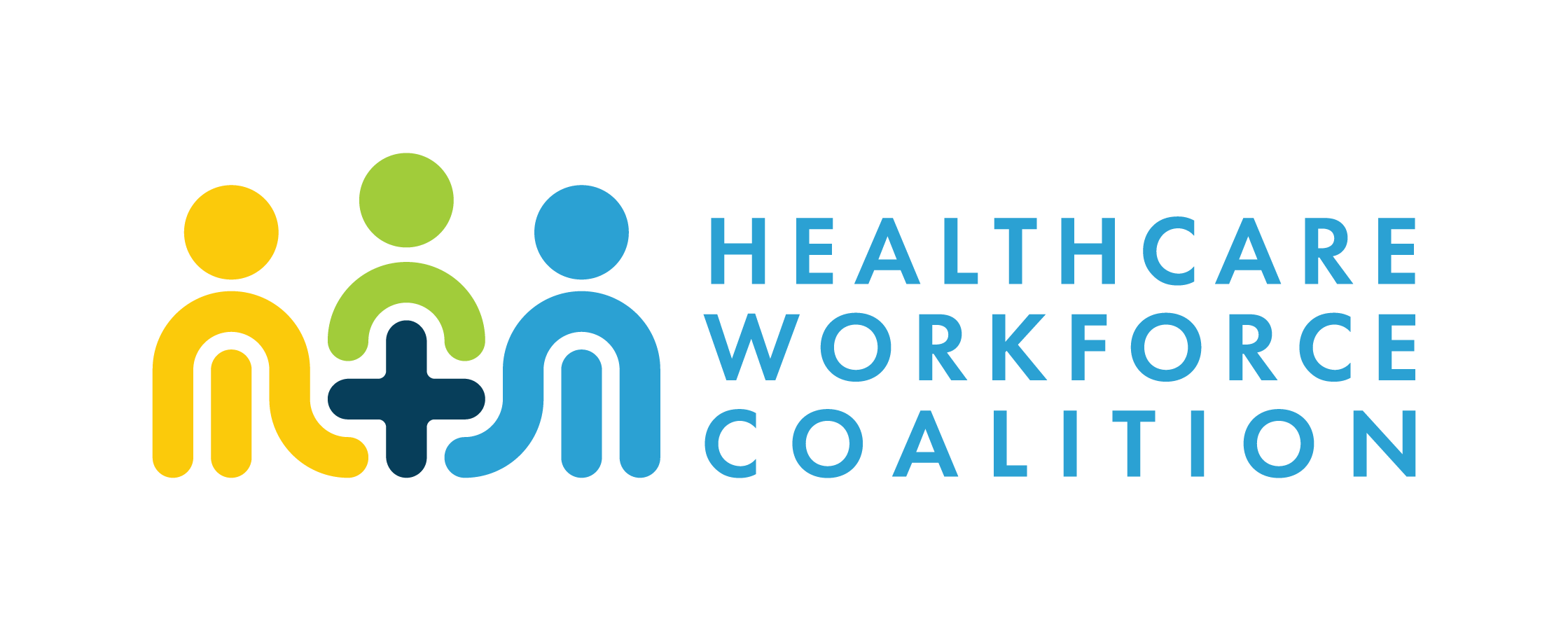A recent study published in the Annals of Family Medicine found that current staffing levels of medical assistants in primary care practices are inadequate. Past research indicates that having at least two medical assistants for each primary care clinician is best to effectively support preventative care and manage chronic care while also doing traditional medical assistant functions. This study, however, revealed that only one in ten adult primary care practices have enough medical assistants.
Medical assistants are important to optimizing workflow, increasing patient satisfaction, and elevating the delivery of safe patient care. That why it’s crucial to build a pipeline of medical assistants entering the workforce to fill in staffing gaps and encourage medical assistants to earn their certification to encourage safe, competent care. One state that recently passed legislation to support certified medical assistants is South Carolina.
South Carolina recently signed into law a bill that clarifies the definition of Certified Medical Assistant to delegate certain nursing tasks and alleviate pressure on the care teams they support. Bill H.5183 recognizes additional educational programs from healthcare providers, the military, and the US Department of Education, enabling certified medical assistants (CMAs) to meet certification standards without extended absences from their jobs. By recognizing diverse educational pathways and easing certification processes, states can ensure a steady supply of qualified CMAs to meet healthcare demands at a time when roughly 25 percent of employers say it’s difficult to find qualified medical assistants.
The Healthcare Workforce Coalition calls on policymakers to advance solutions that strengthen the pipeline through investments in healthcare education programs, academic preparation and remediation, as well as expand the capacity of schools to graduate more practice-ready professionals.
To read the full study, CLICK HERE.
To listen to the full hearing, CLICK HERE.
